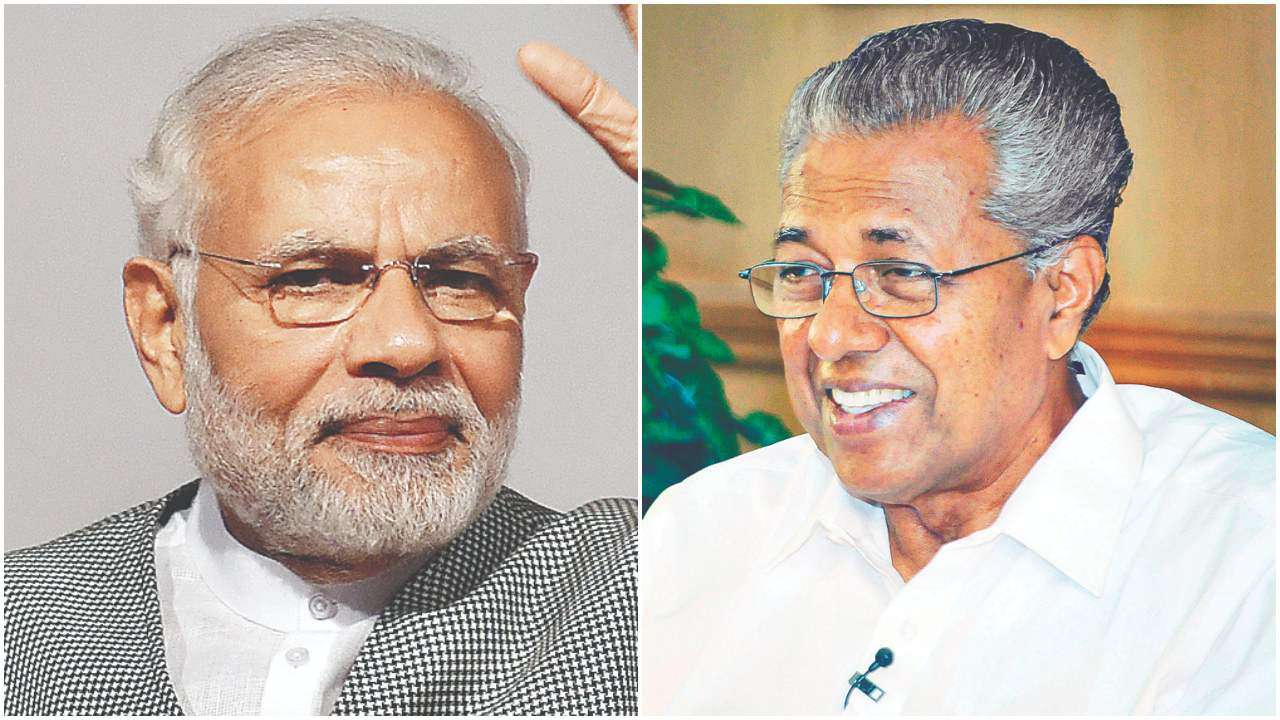
There was liberal outrage last week when Uttar Pradesh Chief Minister Yogi Adityanath refused to wear a skull cap offered to him at poet-saint Kabir’s mausoleum. I believe a Muslim should willingly place a tilak on his forehead in a temple just as a Hindu should put on a skull cap in a mosque.
The first principle of liberalism is establishing a democracy of opinion. Being an editor means giving diverse viewpoints equal prominence on your platform. In the publications I’ve edited and published, for example, I gave equal footage to columnists with varying ideologies, ranging from LK Advani to Shashi Tharoor.
A fundamental mistake ideologues on the Left and Right make is aligning their views on different issues through their ideological prism. The correct approach should instead be issue-based. For instance, on gender equality, the Right and Left should have a convergence of views. Patriarchy must be fought by all, irrespective of their political ideology. Similarly, on issues of communal violence, rape, law and order and national security, the Right and Left must converge at the Centre. The issue matters, not the ideology. It is the issue that must determine the response.
The second fundamental mistake ideologues make is drawing a false equivalence where there is none. Those on the Left undermine their liberal credentials by equating ‘radical jihadist forces’, as one journalist recently did, with ‘radical Hindutva forces’. The comparison is asinine.
Hindutva must obviously be open to criticism and reform. Its patriarchal ideology is regressive and lacks a scientific temper. It also sprouts radical fringe groups who target journalists and rationalists. These, however, are confined to relatively few incidents of criminality, which rightly are being investigated and prosecuted. In contrast, jihadist terrorism is a global project: brutal and driven by a false reading of the Quran. Equating Islamist terrorism with Hindutva radical groups displays both bias and ignorance.
The third mistake ideological fundamentalists make is selective outrage. The Left outrages, as indeed it should, when a Muslim or Christian is lynched. It does not outrage when a Hindu is lynched. The Right does the exact opposite. Reactions to the Kathua and Mandsaur rapes, though the circumstances surrounding them are entirely different, underline this dysfunction.
The Left leapt to the defence of External Affairs Minister Sushma Swaraj when she was trolled by the Right over a controversial passport case, involving an inter-faith couple. But the same Left outrage is conspicuously absent when Prime Minister Narendra Modi is trolled and abused virtually daily. Such selective outrage damages the liberal cause. On specific issues, such as foreign investment, those on the Left should embrace a sensible Right-of-Centre approach: FDI provides jobs, upgrades technology and develops skills in the local workforce. Similarly, those on the Right should abandon their stand against decriminalising homosexuality and adopting a progressive Left-of-Centre view on individual rights.
That is the missing middle ground. The divisions within the Indian society have widened since Prime Minister Narendra Modi took office in 2014. But the reasons are not those advanced by the Left. For 67 years, India lived by what can be described as the Nehruvian consensus. At home, we were socialists with maximum rates of income-tax in the 1960s, set at 97 per cent. Abroad, we were non-aligned and morally responsible global citizens. At home, we were pointedly secular, ensuring Muslims were protected, never mind that they remained poor and backward. Abroad, we were self-sacrificial in the finest Hindu tradition, graciously giving up our United Nations Security Council (UNSC) seat to China and urging the United Nations in 1948 to mediate over Kashmir.
That moralistic, self-denying Nehruvian tradition was seemingly broken by the arrival of Narendra Modi. But only seemingly. After a brief flurry of upending some elements of the Nehruvian consensus, Modi turned out to be a closet Nehruvian himself. He kept the public sector that Nehru had painstakingly built intact and even expanded it. He preserved the Nehruvian ‘steel frame’ of the bureaucracy and gave it even greater sheen. He promoted Nehruvian socialist policies for the poor, replete with subsidies, farm loan waivers and universal health insurance.
All of this has confused the Left and the non-liberals who inhabit it. On the one hand, Modi remains silent on lynchings by cow vigilantes. At the same time, he takes the constant mocking, taunts and abuse from the Opposition in his stride. Nehru was notoriously thin-skinned to the slightest criticism, though he professed to encourage it. Modi doesn’t seem to care either way. This confuses journalists bred on an ecosystem of cronyism and corruption. That’s over. The response is venomous. Every other article that begins with a meandering laundry list of unrelated issues contrives to relate it back to Modi.
Modi should attract the blame for many things — not addressing a single interactive press conference in over four years, for example. But such is the trauma in the Left-illiberal cabal over the forfeiture of their crumbs from the old ecosystem that its members almost hypnotically draw Modi into everything they eviscerate in print or on television. To them, Modi as prime minister is bad enough. A Nehruvian Modi, treading the middle ground, is almost unbearable.
The writer is author of The New Clash of Civilizations: How The Contest Between America, China, India and Islam Will Shape Our Century. Views are personal.